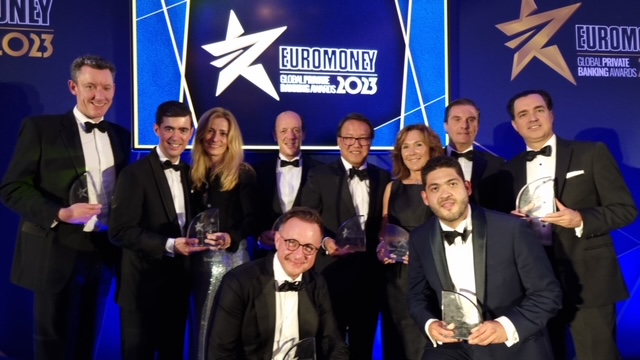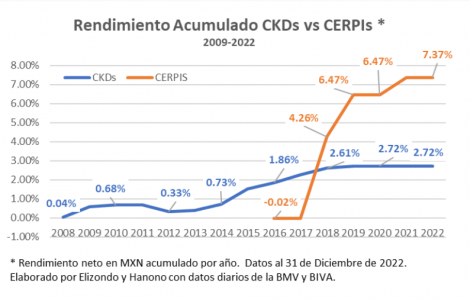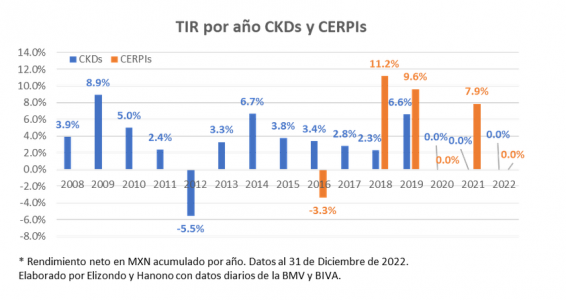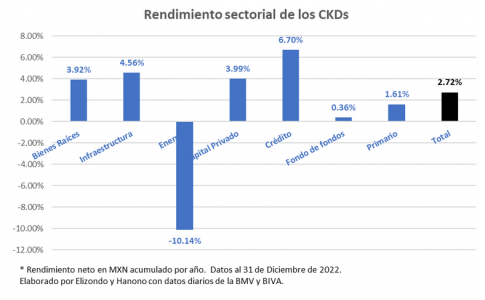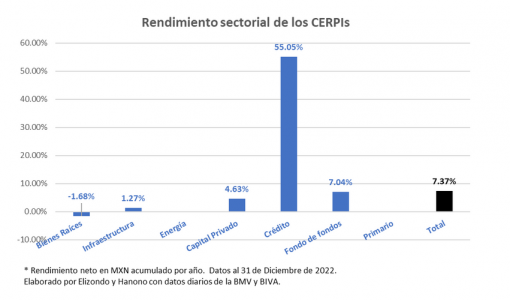The 10 most common mistakes made when investing in an ETF
| By Romina López | 0 Comentarios

The team at FlexFunds, a fund manager specialising in the creation and launch of customised investment vehicles (ETPs), discusses in the following article the advantages of ETFs for an investor, as well as the most common mistakes that are often made and how they can be avoided:
What are ETFs, and how do they work?
One of the possibilities for investing in the stock market when you have little experience and fundamental knowledge is to do so through passive management funds, since they are usually characterized by their greater diversification and lower risk, in addition to having lower commissions.
An ETF is a publicly traded investment vehicle comprising a basket of assets such as stocks, bonds, and commodities. Its operation is simple, and the most common replicate indices, such as the S&P 500 and NASDAQ-100, metals such as gold, or sets of shares, are grouped by sectors such as biotechnology, information technology, or geographic markets.
Advantages of ETFs: liquidity, transparency, and lower volatility
In addition to lower volatility, their main advantages include being listed on the stock exchange, which enables them to be traded like shares, improving their liquidity. Additionally, their commissions are low, as the vast majority of them are passive management products, and their great transparency, as the assets that make up the ETF portfolio and their net asset value are published daily. If, in addition, as numerous studies have shown, the managers of actively managed investment funds are not usually able to outperform the indexes they replicate, their high fees are unjustified, which improves the attractiveness of ETFs for investors.
Although ETFs are an excellent investment vehicle, their high demand among beginners and experienced investors has encouraged the design of different types, from traditional to synthetic, inverse to leveraged, and different variations that can be created in a portfolio. But sometimes, the product is not known, and mistakes and misinterpretations can be made, leading to unpleasant surprises. For this reason, FlexFunds has a specialized team that can guide you through the process of structuring investment vehicles similar to ETFs, allowing you to expand access to international investors for any investment strategy you design.
The 10 most common mistakes when investing in ETFs
Among the most common mistakes, made by those who invest in ETFs, are those that are due to the lack of attention to certain key factors such as:
- ETF Investment Strategy
Not analyzing the investment strategy of the ETF or its composition is one of the most common mistakes since it is essential to understand what underlying the ETF follows to see if it adapts to the investor’s objectives. On the other hand, knowing what you are investing in and understanding it is decisive. It must be analyzed to what extent the return of the ETF is close to that of the index that it replicates and how consistent the monitoring is.
- Buyer Investment Plan
Not having a long-term investment plan, which allows the roadmap and the objectives to be pursued, as well as the risks to be assumed to be designed, can lead to making decisions based on emotions, impulsive, and not very rational. Having a roadmap and setting goals for the future, along with a contingency plan, can be a good idea to avoid disappointment.
- Monitor the portfolio and its evolution
Not monitoring the portfolio regularly and thinking everything will be fine is a bad decision. A certain majority of listed ETFs have a high probability of underperforming and disappearing. Portfolio monitoring is key to avoiding upsets and making the necessary adjustments.
- Associated expenses and commissions
Buying and selling too frequently can lead to higher-than-expected expenses, eroding profitability. Readjusting an investor’s ETF portfolio means facing sales commissions, purchase commissions for the new ETF, and taxing capital gains. The associated expenses erode the returns obtained and the gap compared to those expected.
- Liquidity
Not analyzing the liquidity of the ETF can generate losses or problems when it comes to recovering the money in the sale. Suppose the values that make up the index that replicates the ETF are not negotiable or are not very liquid. In that case, the ETF can be listed at a premium, in the purchase, or at a discount in the sale; the range of purchase and sale prices will be wider. It may be listed at a premium when the price is higher than the net asset value or at a discount in sales operations when the price is below said value. In these cases, buying or selling orders should be limited instead of at market prices.
- Structure and internal functioning
ETFs have a structure and operation that is important to know before investing because it can impact your level of risk, commissions, and losses. Assessing it in depth allows you to understand how it follows the index you want to replicate and what assets can form it, which affects risk and cost. It can be a full replica ETF (investing in the same assets as the index) or synthetic, supported by futures and derivatives issued by a third party, increasing risk exposure for both the underlying and the third party.
- Profitability
Assuming that the past performance of the ETF is going to be transferred to the future tends to occur in less seasoned investors since, many times, they are attracted by the announced historical performance without taking into account the period of time where it has been reached and if it has been done continuously or punctually. The consistency of this aspect in the long term should be one of the criteria to consider since if the announced return is similar to the average of the last five years, the probability of being faced with a good choice will increase. However, this does not guarantee that any change in the environment won’t affect negatively.
- Changes in volatility
Many times, an ETF is bought without considering the factors that drive its greater volatility, which may be derived from the volatility of the underlying or the lack of liquidity of the ETF itself. In both cases, the consequence is a widening of the price range, which can be detrimental. Another similar situation is their operation when the price variation is greater, such as during the first and last minutes of the opening and closing of the market where they are listed, respectively. Thus, avoiding trading in these time intervals helps to deal with less volatility and, therefore, less risk.
- The ETF Market
Care must be taken with the geographic exposure of the ETF since it can focus on a specific market that may not adapt to the investor’s interests or not mitigate the risk due to overexposure to a certain market. The net asset value of an ETF is calculated at the close of the local market, which can cause problems if you wish to operate when the associated underlying market has different hours than the market on which the ETF is listed. The latter is listed at a value other than the net asset value, therefore, increasing the premium or discount, due to the existing divergence between the prices. Therefore, it is advisable to diversify geographically and by asset class.
- Taxation
As with investing in other financial products, you must always take into account their taxation and the tax obligations that it entails since failure to comply with some of them can bring significant sanctions that dilute the final profitability of the ETF. In some countries, unlike index funds, transfers from one ETF to another are not exempt from tax. On the other hand, if the broker has the depository abroad, likely, it will not notify the treasury of the country where the holder resides, neither the yields nor the capital gains generated and, therefore, it is the investor himself who must make the corresponding informative declarations, being able to carry a sanction if it does not do so.
Although many other risks are associated with ETF trading, those detailed above are often the most common. Therefore, great attention should be paid to all of them, especially by those investors who could be blinded by the benefits of this product and make inappropriate decisions for their profile.
For more information on the setup and issuance of investment vehicles similar to ETFs, please get in touch with our specialists at info@flexfunds.com.



